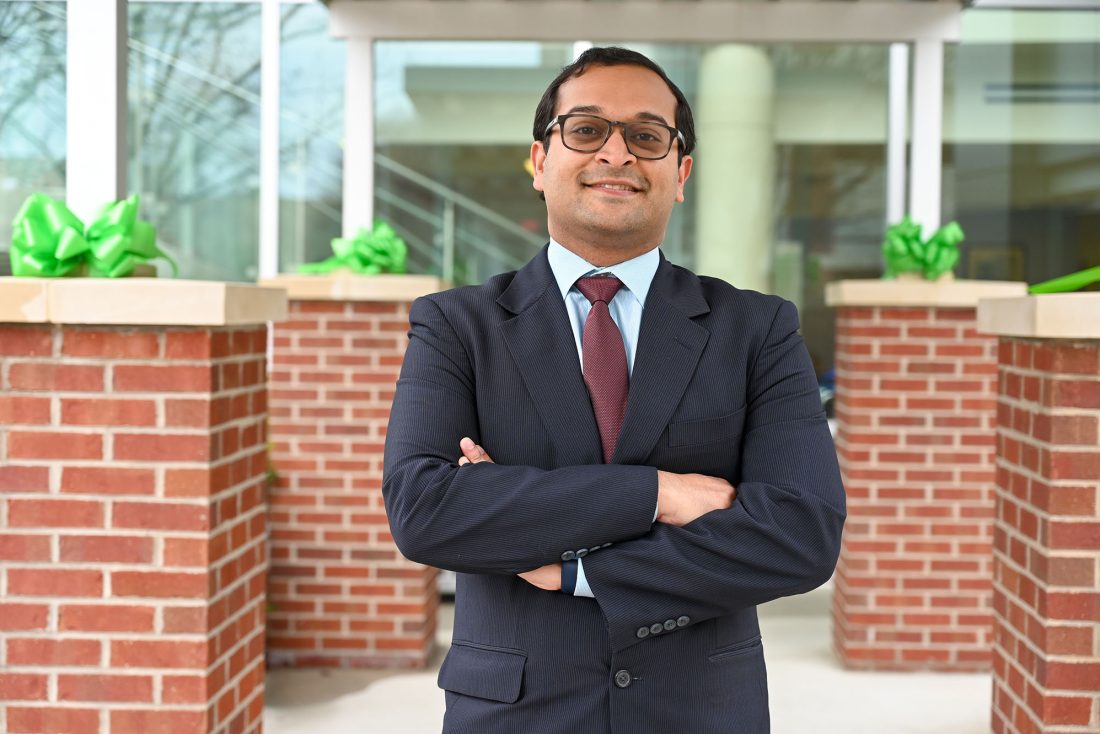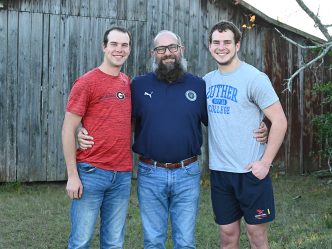You have gone through the treatments and beaten prostate cancer — finally, you are in the clear — but are you, truly? Cardiovascular diseases are the follow-up threats many men face after undergoing androgen deprivation therapy, also known as hormonal treatment, for prostate cancer.
“When patients get put on androgen deprivation therapy, a commonly used treatment for prostate cancer, they tend to age faster,” said Avirup Guha, MBBS, the director of cardio-oncology at the Georgia Cancer Center at the Medical College of Georgia at Augusta University.
Age is one of the strongest predictors of cardiovascular disease. This concern is greater for non-Hispanic Black men, who are already at a higher risk of cardiovascular diseases than non-Hispanic white men.
Guha’s research will not only focus on hormonal therapy increasing the aging process, but also if non-medical factors, such as access to health care and quality education, social relationships and the patient’s financial situation and where they live, can also cause an increase in aging. The Department of Defense has awarded Guha with a $1.1 million budget over the course of four years for his study.
“There are racial disparities in cardiovascular events in men with prostate cancer who tend to not die of prostate cancer but tend to die of heart disease most commonly. So my goal is to find a specific pathway through which we can explain the racial differences,” said Guha.
Guha plans to investigate the aging process and examine the role of nicotinamide adenine dinucleotide, the energy molecule in the body. Aging is associated with nicotinamide adenine dinucleotide, so it is a key role in his research. He believes that the molecule may be the reason why Black men age faster, when combined with hormonal treatment.
“My hope is that we not only get depth and expertise of different aging pathways, which might be responsible at various amounts based on the type of toxicity with anti-cancer agents, but also focus our research beyond prostate cancer at some point in time where we diversify our efforts across various cancers.”
To learn more about the cardio-oncology program, visit the site or call 706-721-0284 to make an appointment. To keep up with Guha’s work, visit the clinical trials’ site or follow him on Twitter.
 Augusta University
Augusta University




